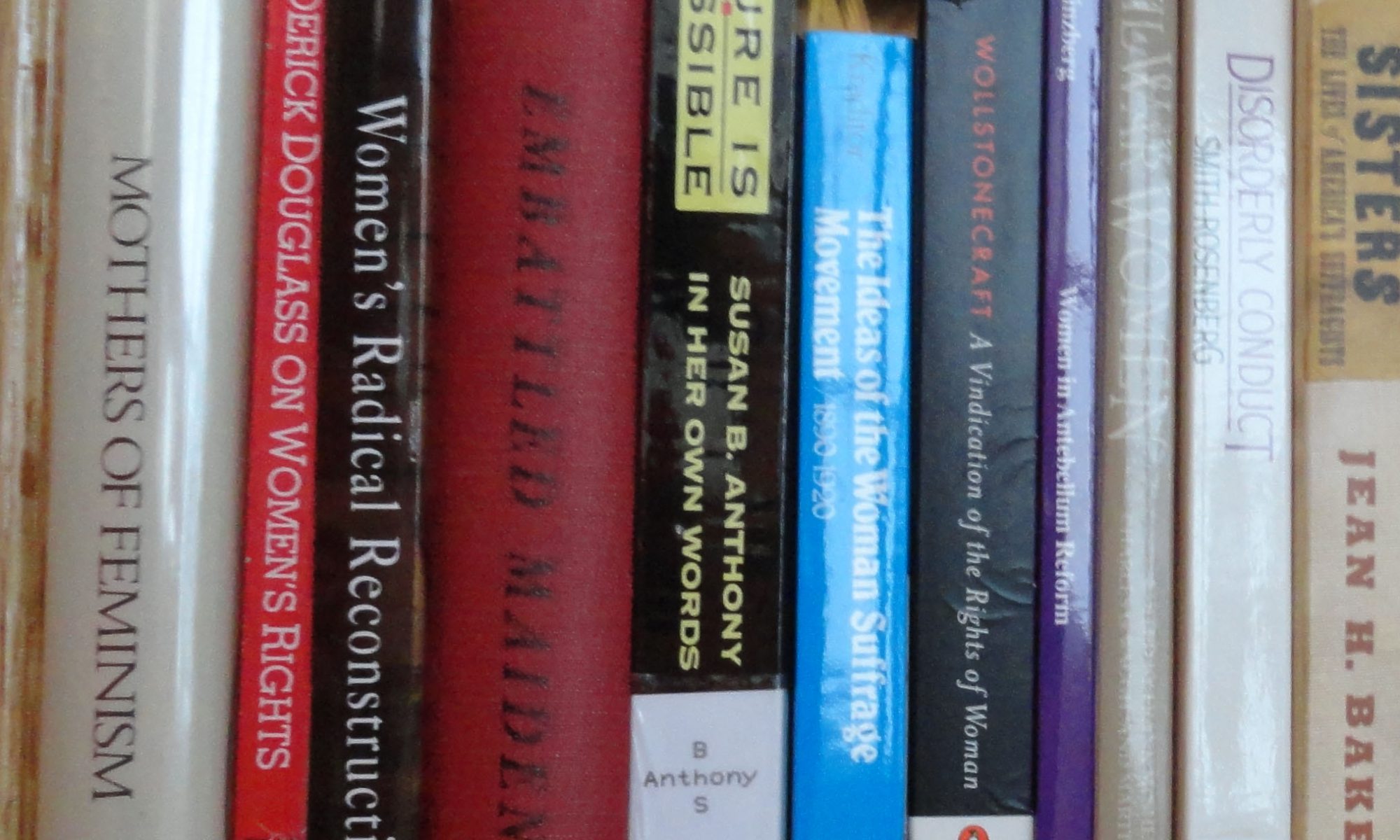 How I wish I could impart to you this sense of the intensity and joyousness of life that I have in my veins. To live! How sweet it is, and how good, in spite of annoyances, husbands, debts, relations, scandal-mongers, sufferings, and irritations! To live! It is intoxicating! To love, and to be loved! It is happiness! It is heaven! George Sand
How I wish I could impart to you this sense of the intensity and joyousness of life that I have in my veins. To live! How sweet it is, and how good, in spite of annoyances, husbands, debts, relations, scandal-mongers, sufferings, and irritations! To live! It is intoxicating! To love, and to be loved! It is happiness! It is heaven! George Sand
Amantine Dupin (1804-1876), better known as George Sand, is considered one of the literary greats of the 19th century, publishing over fifty novels and twelve plays, as well as numerous political essays and memoirs. The daughter of a French lieutenant with ties to the upper echelons of society and a mother who was a commoner, Sand felt she could understand both the aristocracy and the working poor.
Married at seventeen to an older county squire who became increasingly vulgar and cruel, she left him and with her two children moved to Paris where she eked out a living writing for Figaro. There she roamed the streets of the city dressed as a man and enjoyed the liberation that role offered such as scandalizing society by smoking cigars. At the same time, she began writing novels, acquiring literacy fame with the publication of Indiana (1832) and Valentine (1832). As the following excerpt from the preface to The Devil’s Pool (1861) shows, she had great sympathies for the working man and the peasants. She was an avowed socialist and published a political magazine during the 1848 February Revolution through a workers-cooperative.
But, alas! this man had never understood the mystery of the beautiful; this child would never understand it. God forbid that I should ever doubt them to be superior to the animals they govern, or that they feel at times a sort of ecstatic revelation which charms away their weariness, and lulls their cares. I see upon their noble brows the seal of God, for they are born kings of the earth by a better title than those who have purchased it by money. And the proof that they feel this is that they are never removed out of their native country without suffering from it, and that the true peasant often dies of nostalgia or home-sickness, as it is commonly called, when compelled to serve as a conscript, far from the plains where he was born. But I have enjoyments which he has not—aesthetic enjoyments which are his right as builder of that vast temple of which Heaven itself is the dome. But he does not feel this. They who have condemned him to slavery from his birth, not being able to prevent him from dreaming, have deprived him of the power of thought.
However, such as he is, uneducated, and condemned to a perpetual childhood, he is worthier of admiration than he who has sacrificed his feelings to his knowledge. Do not exult over him, you who believe yourselves invested with the lawful and imprescriptible right of governing him; for this fearful error under which you lie proves that your mind has killed your natural affections, and that you are the most uneducated and the blindest of men. I prefer the simplicity of his mind to the false enlightenment of yours, and if I had to tell the story of his life I should have more satisfaction in throwing into relief the gentle and amicable points of his character than you could have in painting the misery into which the contemptuous severity of your social rules can plunge him.
Devil’s Pool is a sentimental tale of a widowed farmer’s search for a bride. Can novels written over one-hundred and fifty years ago still speak to us today?
